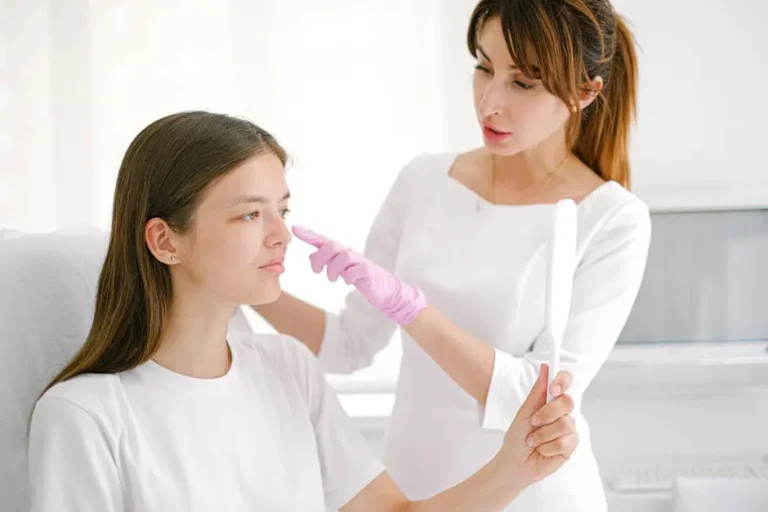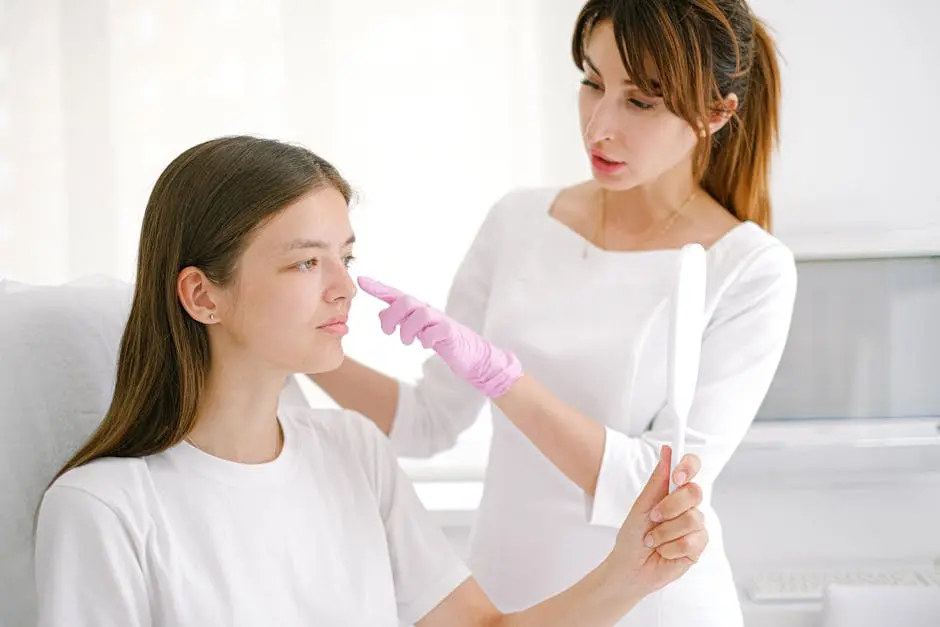Visiting a dermatology specialist can seem daunting, especially if it’s your first time. Understanding what to expect can help ease your nerves and prepare you for the appointment. In this FAQ, we’ll guide you through the key aspects of a typical visit to a dermatology specialist.
Understanding the Role of Dermatology Specialists
Dermatology specialists are medical professionals who focus on diagnosing and treating skin, hair, and nail conditions. Their expertise encompasses a wide variety of issues, from acne and eczema to skin cancer and psoriasis. Understanding their role is key to appreciating the value they provide in health care.
These specialists often perform surgical procedures, offer cosmetic treatments, and create personalized care plans. Their extensive training allows them to tackle complex dermatologic conditions effectively. You’ll find that dermatology specialists play a vital role in maintaining not only the health of your skin but also your overall well-being.
At your visit, you’ll likely notice how dermatology specialists blend medical knowledge with an understanding of cosmetic aspects. They don’t just address medical issues but also consider how skin conditions may affect your self-esteem and everyday life. This holistic approach makes them invaluable to people seeking both treatment and confidence.
Preparing for Your Dermatology Appointment
Preparation is crucial for getting the most out of your dermatology appointment. Before your visit, take some time to compile a list of your medical history, including any medications you are currently taking and previous skin treatments. Being well-informed will help your doctor understand your needs better.
Additionally, it’s advisable to jot down specific questions you might have. Perhaps you’re curious about the causes of your skin condition or the different treatment options available. Having these questions ready will allow you and your dermatology specialist to dive deeper into your concerns during the appointment.
Don’t forget to bring a form of identification and your insurance information if applicable. Arriving prepared can streamline the check-in process, easing any anxiety you might feel about the upcoming consultation. Remember, your visit might also require you to arrive a few minutes earlier to complete paperwork.
What Happens During the Appointment
During your appointment, your dermatology specialist will begin with a thorough examination of your skin. Expect to discuss your major concerns openly, as this is essential for receiving an accurate diagnosis. The specialist will likely ask about your symptoms, duration, and any treatments you’ve used previously.
After the initial consultation, your dermatologist may perform an examination. This might include visual inspection or conducting skin tests as needed. Depending on your condition, additional procedures like biopsies could occur, offering valuable insights into skin issues.
Following these evaluations, the dermatology specialist will explain their findings, discuss any potential diagnoses, and outline treatment options. This is your opportunity to ask questions, so don’t hesitate to seek clarification on any aspect of your condition or treatment plan to ensure you understand the next steps.
Post-Appointment Care and Follow-Up
After the appointment, you may feel a mix of emotions. Based on the treatment plan suggested by your dermatology specialist, follow their guidance closely for best results. This could include prescription medications, over-the-counter treatments, or lifestyle changes tailored to your needs.
It’s important to monitor your skin condition post-appointment and to take notes if any questions arise later. If you experience any side effects from prescribed medications or if your condition doesn’t improve, be sure to reach out to your specialist right away. Timely communication can make a notable difference in your treatment journey.
Finally, don’t underestimate the power of follow-up appointments. These visits allow your dermatology specialist to assess your progress and make any necessary adjustments to your treatment plan. Building a relationship with your dermatologist fosters better communication and tailored care.
Final Thoughts on Your Dermatology Visit
By preparing for your visit to a dermatology specialist, you can ensure that your appointment runs smoothly and that you get the most out of your consultation. Remember to communicate openly with your doctor, take notes, and ask questions.


